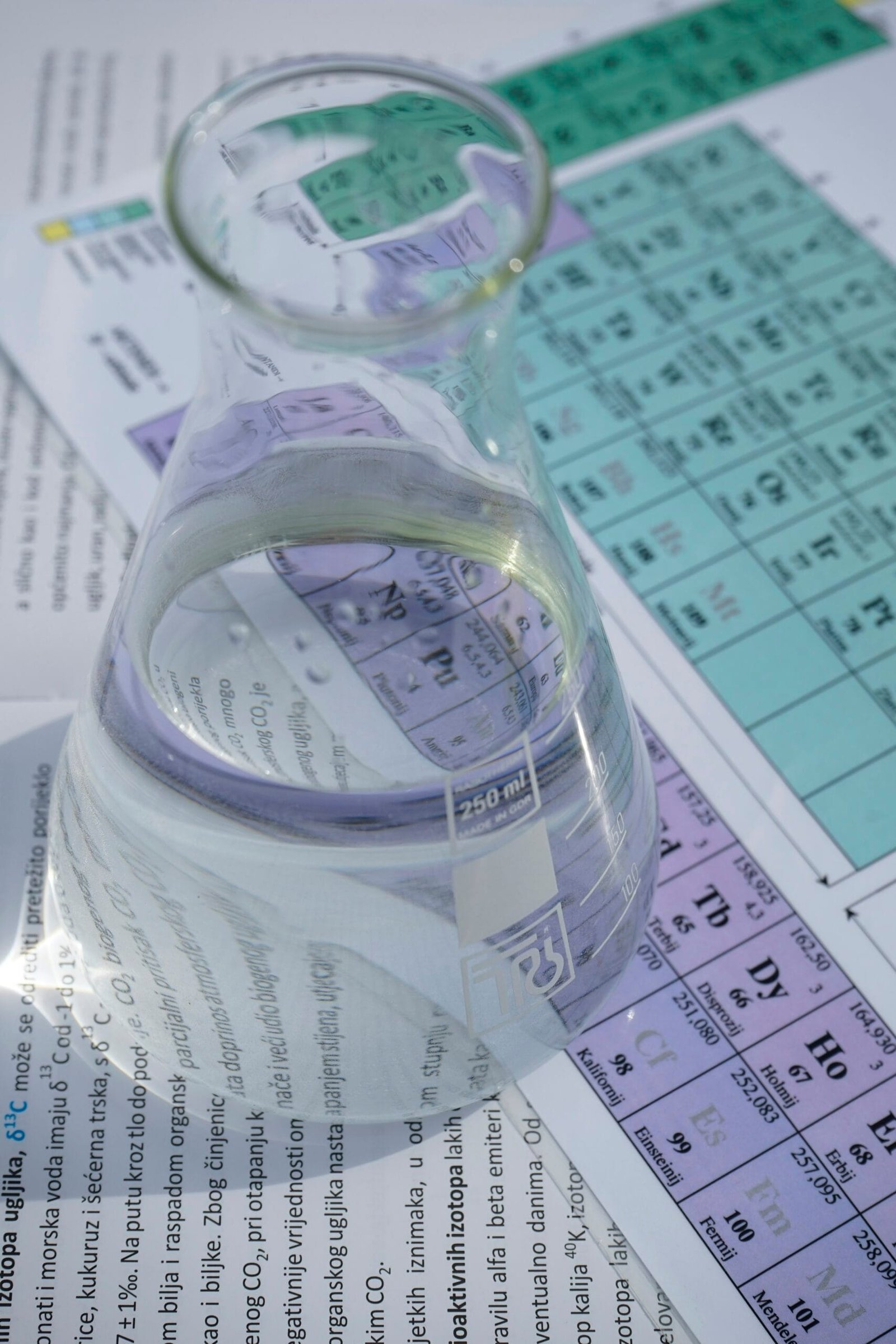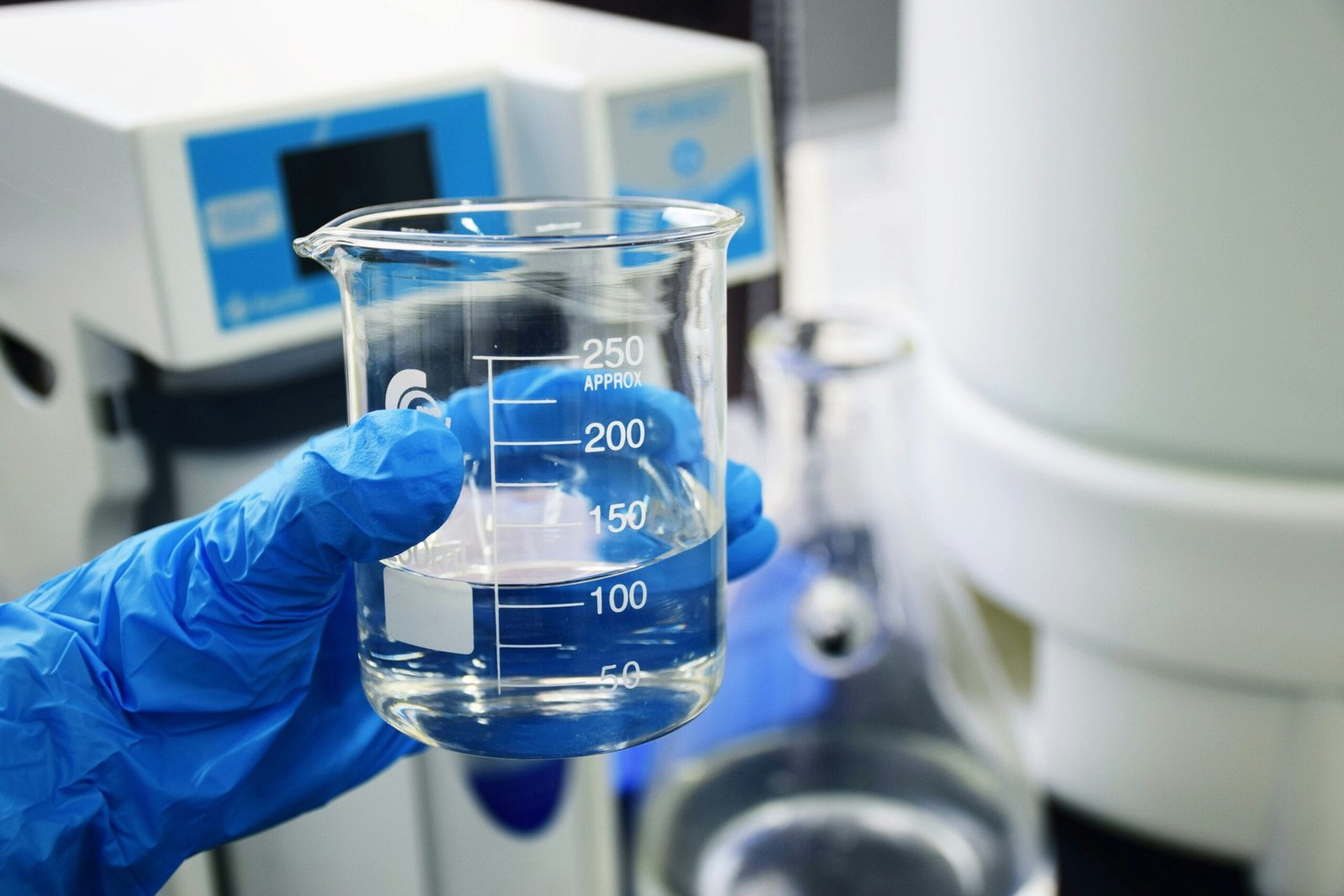Have you ever wondered why regular testing of well water is so important? If you rely on a private well for your water supply, you’re certainly not alone. Millions of people around the world depend on well water for their daily needs. However, the responsibility of ensuring the safety and quality of that water falls squarely on your shoulders. Unlike municipal water supplies that are regularly tested and treated, well water can be susceptible to a variety of contaminants that can affect both your health and that of your loved ones.
Understanding the Importance of Well Water Testing
Regular well water testing is crucial to maintaining the safety and quality of your water. Many factors can influence the quality of your well water, including the surrounding environment, agricultural activities, and even seasonal changes. Without regular testing, you might be exposing yourself and your family to harmful contaminants without even realizing it.
Why Can’t You Just Rely on Taste or Smell?
It’s a common misconception that if your water tastes or smells fine, it’s safe to drink. The truth is, many contaminants are tasteless, odorless, and invisible to the naked eye. Microorganisms, chemicals, and heavy metals can be present in harmful levels without affecting the taste or smell of your water. Regular testing is the only reliable way to ensure that your well water remains safe for consumption.
The Health Benefits of Regular Well Water Testing
Testing your well water on a regular basis can prevent a myriad of health issues. Contaminated water can lead to serious health problems, especially for vulnerable populations like children, pregnant women, and the elderly. By identifying and addressing potential issues early, you can protect your family’s health.
Preventing Waterborne Illnesses
Waterborne illnesses are infections caused by pathogens in contaminated water. Bacteria, viruses, and parasites like E. coli, Giardia, and Cryptosporidium are common culprits. These microorganisms can cause symptoms ranging from mild gastroenteritis to more serious conditions such as kidney failure or liver damage. Regular testing helps ensure these pathogens are not present in your well water.
Reducing Exposure to Harmful Chemicals
Chemical contaminants can enter your water supply from various sources, such as nearby agricultural operations, industrial activities, or even from household products seeping into the groundwater. Testing can help detect harmful chemicals like nitrates, lead, arsenic, and pesticides. By identifying these contaminants early, you can take appropriate steps to mitigate exposure and protect your health.
Protecting Vulnerable Populations
Certain groups of people are more susceptible to the effects of contaminated water. Children and infants, for instance, can suffer developmental problems if exposed to lead. Pregnant women drinking water with high nitrate levels may increase the risk of birth defects. Regular testing is a proactive step to safeguard these vulnerable populations.

The Environmental Benefits of Well Water Testing
Understanding the quality of your well water doesn’t just protect your health; it can also contribute to environmental conservation. Testing helps you make informed decisions about water usage, waste disposal, and land management to prevent further contamination of the water table and surrounding ecosystems.
Monitoring and Reducing Contaminant Levels
Regular testing provides a track record of your water’s quality over time. This data can be crucial in identifying trends and potential sources of contamination. For example, if nitrate levels are consistently high, it might indicate agricultural runoff is a problem in your area. Addressing such issues can benefit both your well water supply and the broader environment.
Encouraging Sustainable Practices
Understanding the impact of your actions on your well water encourages more sustainable and environmentally-friendly practices. You might consider reducing the use of chemical fertilizers and pesticides, improving septic system maintenance, or planting vegetation to prevent runoff. Sustainable practices are essential for preserving water quality and protecting the environment for future generations.
The Financial Benefits of Well Water Testing
While there is an upfront cost associated with well water testing, it is an investment that can save you money in the long run. Identifying and addressing problems early can prevent costly repairs, medical bills, and water treatment systems.
Preventing Costly Damage and Repairs
Contaminated water can cause damage to plumbing systems and appliances. Minerals and chemicals can lead to corrosion, clogs, and wear and tear on your plumbing. Regular testing can spot these issues before they become severe, preventing costly repairs and replacements.
Avoiding Expensive Health Care Costs
The expense of treating waterborne diseases or conditions caused by chemical contaminants can add up quickly. By ensuring your well water is safe through regular testing, you can avoid potentially significant medical expenses and keep your family healthy.

The Peace of Mind That Comes with Well Water Testing
Beyond the tangible benefits of protecting your health, environment, and finances, regular well water testing brings an invaluable sense of peace of mind. Knowing that you’ve taken steps to ensure your family’s well-being allows you a worry-free enjoyment of one of life’s most essential resources.
Reinforcing Confidence in Your Water Supply
For those using well water, uncertainty about its safety and quality can be a constant concern. By routinely testing your water, you gain confidence that what you’re drinking is safe. This assurance enhances your overall quality of life, allowing you to focus on other important aspects without worrying about water safety.
Creating a Healthier Home Environment
A home with safe, clean drinking water is a healthier environment overall. When you know that a potential source of contamination is regularly checked and managed, it contributes to a safer, healthier lifestyle for everyone present in the home.
How and When to Test Your Well Water
Regularly testing your well water involves understanding what to test for and when to do it. Developing a testing schedule and knowing how to interpret results are crucial aspects of maintaining your well water’s quality.
Determining What to Test For
Regular well water tests should check for a variety of possible contaminants. Here’s a table outlining key tests and their reasons:
| Test | Purpose |
|---|---|
| Bacteria | Detect pathogens like E. coli, which can cause severe illness. |
| Nitrates | Important for detecting contamination from agricultural runoff. |
| Heavy Metals | Check for lead, arsenic, and other metals that can be harmful over time. |
| pH Level | Ensure water is neither too acidic nor too alkaline, which can affect health and pipes. |
| Hardness | Measure minerals that cause scaling in pipes and appliances. |
| Pesticides | Check for agricultural chemicals seeping into the groundwater. |
Establishing a Testing Schedule
The frequency of testing depends on several factors including local conditions, recent events, and historical data. Here are some general recommendations:
- Annually: Test for bacteria and nitrates at least once a year.
- Every 3-5 Years: Conduct comprehensive testing for heavy metals, hardness, and pesticides.
- After Certain Events: Test more frequently if there’s significant flooding, a change in taste or smell, piping systems are flushed, or surrounding land use changes significantly.
Understanding and Interpreting Test Results
When your well water is tested, the results will highlight whether any contaminants are present and at what levels. Understanding these results is crucial:
- Safe Levels: Ensure all contaminants are within EPA-recommended levels for safe drinking water.
- Action Thresholds: Be aware of levels at which you should take action, such as implementing filtration systems or more frequent testing.
- Expert Advice: Don’t hesitate to consult experts or local health departments to interpret results and figure out the next steps.

Concluding Thoughts on Regular Well Water Testing
The act of regularly testing your well water is an essential responsibility of owning a private well. It helps protect not just your immediate health but has far-reaching benefits including financial savings, environmental protection, and overall peace of mind. By understanding and implementing regular testing, you’re taking a significant step toward ensuring a safe and sustainable water supply for you and future generations. So, if you haven’t already, perhaps it’s time to consider the tremendous benefits regular well water testing can offer you.
